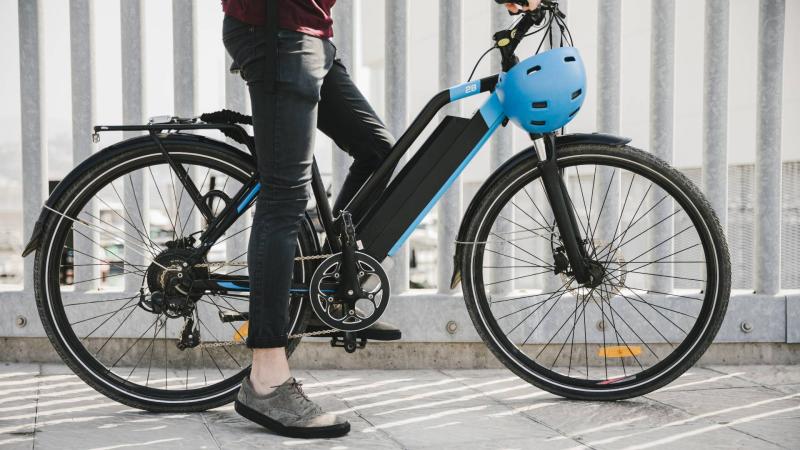A new report by the University of Westminster’s Active Travel Academy (ATA), which is funded by the Quintin Hogg Trust and other organisations including the National Institute for Health Research, has illustrated how increasing the affordability and accessibility of e-bikes could help realise cycling potential in England and Wales.

The report, which was commissioned by the Bike is Best campaign, included a review of academic and policy literature on e-bike adoption across the world, and made use of the Department for Transport’s Propensity to Cycle Tool to examine carbon and health savings from switching commuting trips to cycling and e-biking. It was led by the Active Travel Academy’s Dr David Fevyer with input from ATA’s Professor Rachel Aldred and Dr Ersilia Verlinghieri.
The literature review identified how e-bikes can help increase the diversity of people using cycling as a mode of transport, as well as broadening the type and length of trips cycled. Calculations made using the Propensity to Cycle Tool indicated that mass access to e-bikes alongside improved infrastructure could save one million tonnes of CO2e and bring health economic benefits of £2.2 billion annually, just from commuting trips alone.
Meanwhile, a new public opinion survey on attitudes to e-bikes conducted for the report found that 41 per cent of people agree that e-bikes will help reduce carbon emissions quicker than electric cars, with only 17 per cent disagreeing. Yet two-thirds (67 per cent) of those who expressed an interest in purchasing an e-bike identified upfront cost as a barrier, with around half (53 per cent) of these indicating that a government subsidy of £250 on a £1000 e-bike would make them likely to buy one.
Talking about the report, Dr David Fevyer said: “This report illustrates that e-bike uptake has substantial health benefits - primarily from increased physical activity - which have no equivalent for electric cars or motorcycles. The carbon savings of switching from a petrol or diesel car to an e-bike are also many times greater than that of switching to an electric car or an electric motorbike. Yet whilst electric cars and electric motorbikes have both received direct financial incentives from government, e-bikes have been left behind. With cost still a significant barrier to electric car adoption, financial support for e-bike adoption could provide access to low-carbon transport for people across a wider range of income groups.”
Professor Rachel Aldred said: “Supporting e-bike uptake makes sense for many reasons. Like high quality infrastructure, e-bikes can widen access to cycling, and help ensure that many more women, parents and carers, and disabled and older people can benefit from using this healthy, low-carbon method of transport.”
Learn more about the Active Travel Academy at the University of Westminster.


